By Danielle Muzones
Welcome to Sarap Stories - your space for Asian American representation, inspiration, and insights from real AAPI makers in the Sarap Now marketplace.

From an early age, Gino Chua, the founder of Pika Pika, had a creative spirit.
But, growing up in the Philippines, his path felt predetermined. He gravitated towards artistic expression in a household that pushed him to pursue a career in science and math. He knew he was queer in a deeply religious country where the LGBTQ+ community has limited rights. He had the desire to be exceptional while facing societal pressure to stay in the shadows and “go with the flow.”
So, when his family immigrated to America when he was 18 years old, he took it as an opportunity to chart his own path.
Fully embracing his identity, he went on to have an illustrious career in design for publishing brands like Condé Nast Traveler, Esquire, Oprah, and more, as well as for startups Away and Blueland.
Now, he’s connecting his past and present by sharing the flavors of his homeland with his newfound home, one jar at a time.
Read on to learn about his transformative journey to launching a line of delectable Filipino spreads.
This interview has been edited for length and clarity.

Source: Gino Chua
Tell us about yourself - your name, pronouns, and brand. Do you identify as AAPI or an immigrant of Asian heritage?
My name is Geraldson Chua, but my friends call me Gino. My pronouns are he/him, and I’m the founder of Pika Pika, an emerging Filipino food brand. We craft spreadables that celebrate Filipino flavors in everyday moments.
I identify as a bit of both! I am definitely an immigrant of Asian heritage. My Dad is Chinese and my Mom is Filipino, but I identify as Filipino because we grew up in the Philippines and all speak Tagalog.
I’m also fully aware that America is my chosen home. Throughout my journey, I’ve been gradually embracing my “AAPI-ness.” I moved here when I was 18, so I have very strong roots back home, but I’ve learned to embrace a sense of home in both places.
Full disclosure, I’m always comfortable with the ambiguity of things – so even though this is a binary question, I like the idea of your identity being a process. I definitely resonate with being an immigrant because I am, but I also resonate with being AAPI because it’s where my journey has taken me.

Tell us about life in the Philippines.
Growing up, I lived in a multi-generational household in Quezon City with my grandparents (Lola and Lolo), parents, and three younger siblings.
Life there felt like you were moving along to the rhythm of the place. We’d go to school, come home, and hang out with neighbors outside with my grandparents watching. There was always someone around and it felt safe.
My parents were out working and hustling a lot. My Dad was a doctor – always spending long hours in the hospital – and my Mom was actually my first entrepreneurial example.
One of her businesses was selling toys, like happy meal toys. I have distinct memories of my Mom taking my younger brother and I to business meetings at the local ice cream shop when I was five or six years old. We’d sit for hours while she did her sale.
While we were waiting, we’d ask for ice cream samples, or get dirty ice cream from the street vendor. Then when she came out, she would buy us double ice cream because she didn’t know we snuck in a treat earlier! It was hysterical.
She was always very optimistic. Even if she didn’t make a sale that day, she always said, “It’s okay. There’s going to be a next one.” And we kept moving on.
I think that’s where I get it from - the love for sweets and the entrepreneurial spirit.

What was your experience like immigrating to America?
I moved to New Jersey with my family when I was 18. We stayed with a family member, like most immigrants do, to find our footing.
It was scary, but honestly, I was excited because it was all new and I was able to discover so much. I went into hustle mode – I worked as much as I could and found jobs on Craigslist, like designing pamphlets. Random stuff that allowed me to express my creativity.
Life before moving here felt predetermined. You didn’t have a lot of options - the choices were narrow. From an early age, I knew creativity was important to me, but I didn’t have examples of success in that path to point to. It never felt realistic, so my parents always pushed me to pursue something that they knew would make money. But, I’m grateful that they recognized my creative interests and remained open to that.
Being queer added another complicated layer. The Philippines is a deeply religious country, so there is a lot of shame around being queer. There was this desire to be exceptional, but invisible, because I had a sense of fear around people questioning me for being who I am.
Coming here gave me the opportunity to flip the script and write my own story.
I ended up following a creative path. I started working in publishing for legacy media brands – mostly fashion – and then transitioned to startups because I wanted to see how companies were built.
Immigrating to America gave me the courage to come out of the shadows. I’m not resentful about where I come from - I’m just aware that America provided me an opportunity to chart a new path.

Do you remember the first time you felt represented in your career or the food industry? Tell us about those memories and what they meant to you.
Yes, I was fortunate enough to have one of my very first jobs at Seventeen Magazine, and my manager was half Chinese and Irish. Oh my god - to see someone who looks like me, making it work, and they’re my manager! It made it so comforting and easy to step into something I’ve never experienced before.
For context, there weren’t a lot of Asian Americans. I was usually the only one in the room, or one of two. Seeing other Asians in those spaces validated why I was there and made me feel like I could move forth.
She gave me a piece of advice that stuck with me. Looking back, it was my first lesson on boundaries. I was so eager that I’d drop anything I was doing to respond to her in two seconds. She was the first to tell me not to do that. She taught me how to respect my own time so that others would do the same.
We were taught as kids that you need to keep your head down, do a good job, be present, and work hard – and then I had a manager, who looked like me, actually teaching me that boundaries are important. Holy smokes.
More recently, I was on the team at Blueland, a sustainable cleaning product company. The co-founder Sarah Paiji Yoo was my best boss. I worked with her for two years and I was one of the early employees, so we built the brand together. She is a pioneer and incredibly skilled at building brands.
Before that, I was at Away and got to work for co-founder Jen Rubio - another Asian American and Filipino who is amazing at building a world beyond just product.
Working with both of these women was my biggest inspiration. They set examples for me of what mission-driven brands looked and operated like. It felt like there were no limits.
That’s the value of representation. I was lucky to be in the proximity of people who were already exemplifying that, and it made the leap less scary. It was still f*cking scary, but I did it anyway.
What inspired you to create Pika Pika?
Pika Pika started with cooking in the kitchen with my Mom. We were making Biko (a sweet rice cake). My partner Tim was away at that time, so I wondered to myself, “How can I get this flavor to him?” That planted the seed - I wanted to share those personal, micro flavors with the people in my life.
I asked myself, “How can I deliver these flavors in a way that would encourage people to get curious about them and ask questions?” That sprung the idea of spreadables - they’re the perfect way to celebrate my Filipino heritage in everyday moments. To me, it’s those small reminders that make a difference. There’s beauty in that.
As I continue to chart my path, I realize that I’m still connected to two worlds – my childhood in the Philippines and the life I’ve built in America. Pika Pika is a manifestation of that in-between.

Source: Gino Chua
AAPI Representation matters. Why does it matter to you? What do you think needs to happen to make more progress with representation?
AAPI representation matters so much. Representation allows you to question what you were taught as a kid. Frankly, some ingrained values can create limiting beliefs. When you see others who represent you doing things differently than you thought was possible, you get to start questioning those thoughts. So to me, it’s important because it sparks courage in people to be curious.
I believe that progress with representation starts with more communication within the community to address the work that needs to be done. Owning the need to change allows us to approach challenges with more courage. It also gives each of us permission to be a little selfish.
There are a lot of “Utang na Loob” vibes, which means that we owe our families for the sacrifices they made, and you’re beholden to that cycle. It can make us feel like it’s never okay to prioritize ourselves, and sometimes we need to sit with ourselves and understand that choosing yourself is not a bad thing. I’m not saying to dismiss your family or people important in your life. Choose yourself first.
When you begin chipping away at creating that courage and confidence, you’ll notice that any noise around you that doesn’t benefit your dreams and aspirations will be easier for you to look past. Like my brand, Pika Pika, it’s about the small moments - a gradual process that builds a better, bigger whole. Building courage and confidence takes incremental steps.
Do you have any tips for aspiring AAPI makers who want to start their own businesses?
Don’t be beholden to a very specific end result.
Entrepreneurship is so ambiguous. It’s never a sure shot. You can start a company and it will evolve in a ton of different ways. The important thing is to always be learning, adjusting, and pivoting. Be open and be comfortable with change. You have to let things roll off your back.
In the beginning, I thought production would be a straight line. We worked with a partner to create a larger-scale format of my product and it failed. The product didn’t translate in terms of quality and experience. I was like, oh my god, what did I do? I threw away all that money. But it was a learning and landed us where we are now, making everything in small batches in NYC.
Don’t let fear be what holds you back from taking a leap.
If you’re not financially secure yet to start a business, that’s okay – you’re being practical. But when it’s fear that’s holding you back, that is a limiting belief that you can overcome. For example, there’s a difference between, “It’s too scary”, versus, “I’m not quite there, but I want to get there one day.” The latter leads with openness. There’s an interest or curiosity of the unknown. The former is closed off and leads with self-doubt.
Be okay with not knowing all the answers.
I don’t come from a food background - a lot of people are surprised by that. So, I’d say that if you’re fueled by curiosity and growth, that is more valuable than years of experience. Frankly, my publishing experience doesn’t really translate to building a food startup. I can tell stories, but I had no real food experience outside of cooking at home. I made a conscious effort to be okay with being uncomfortable and knowing I’ll figure it out.
Allow yourself space to explore your creativity.
This one is especially for Filipino makers. There’s a big unlearning that our community has to do when it comes to allowing ourselves and our children to embrace their creative sides. There is a narrow view of how our families see our life shaping up to be. It’s from a good place – they want to save you the heartache and make your life easy. They say to keep your head down and go with the flow.
If we instead allow ourselves space to expand and explore our creativity, we can be exceptional. We have so many creative skills that are innately and powerfully Filipino, and instead of allowing our beliefs to limit us, we can utilize them to reach our full potential.
What advice would you give to a younger version of yourself?
Don’t be afraid of what you don’t know. You’ll spend too much time worried. And work on not comparing yourself to other people. It’s a hard process because there’s a lot of that ingrained in you and society, but you got this.
What’s something you love about your culture that you wish more people knew about?
Creativity and transformation. You really see this come through in how we've transformed our cuisine, making something truly our own.
Filipino food has a very strong, distinct point of view, but it also has a lot of different influences from years of colonization and occupation.
Take champorado, for example. We love it. It’s a Filipino chocolate rice porridge, but it has strong Mexican roots from the Spanish Galleon trade. Traditional Mexican champurrado is a thick, corn-based chocolate drink. There are similarities between the two, but Filipinos created a breakfast out of it – with rice and dried fish on top!
That ability for us to take something and use our resources and surroundings to make it our own is cornerstone Filipino food to me. We’re so scrappy and creative.
What’s your favorite childhood snack?
I’d say Nagaraya – the peanut crackers. This was the midnight snack that my grandma would give us when we couldn’t sleep. My siblings and I are insomniacs, so we’d stay up with my grandma, watch late-night shows, and snack until we dozed off together.
Some other snacks I love: Pandan ice candy. Pan de coco. My mom would make this avocado slurry thing with condensed milk and ice.
What’s next for you? Anything else you’d like to share?
We have some exciting new flavors in the works, as well as pop-up events in the NYC area in the coming months. Stay tuned at @eatpikapika on Instagram for updates!
Shop Pika Pika

Source: Gino Chua
Check out Pika Pika’s spreads and treats in the Sarap Now marketplace, or make The Almusal, a Filipino-style breakfast cocktail using Calamansi Marmalade.



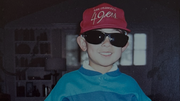
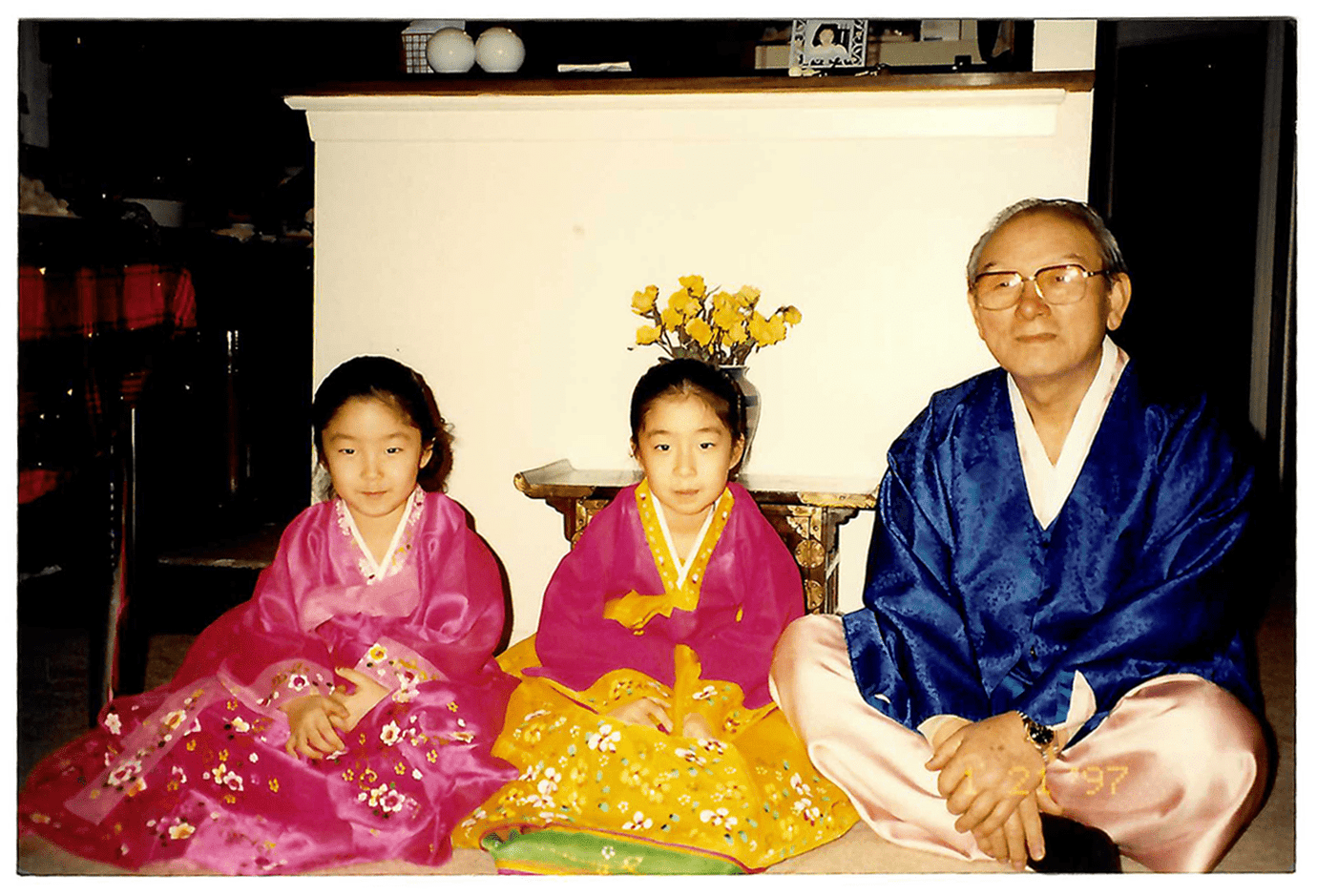
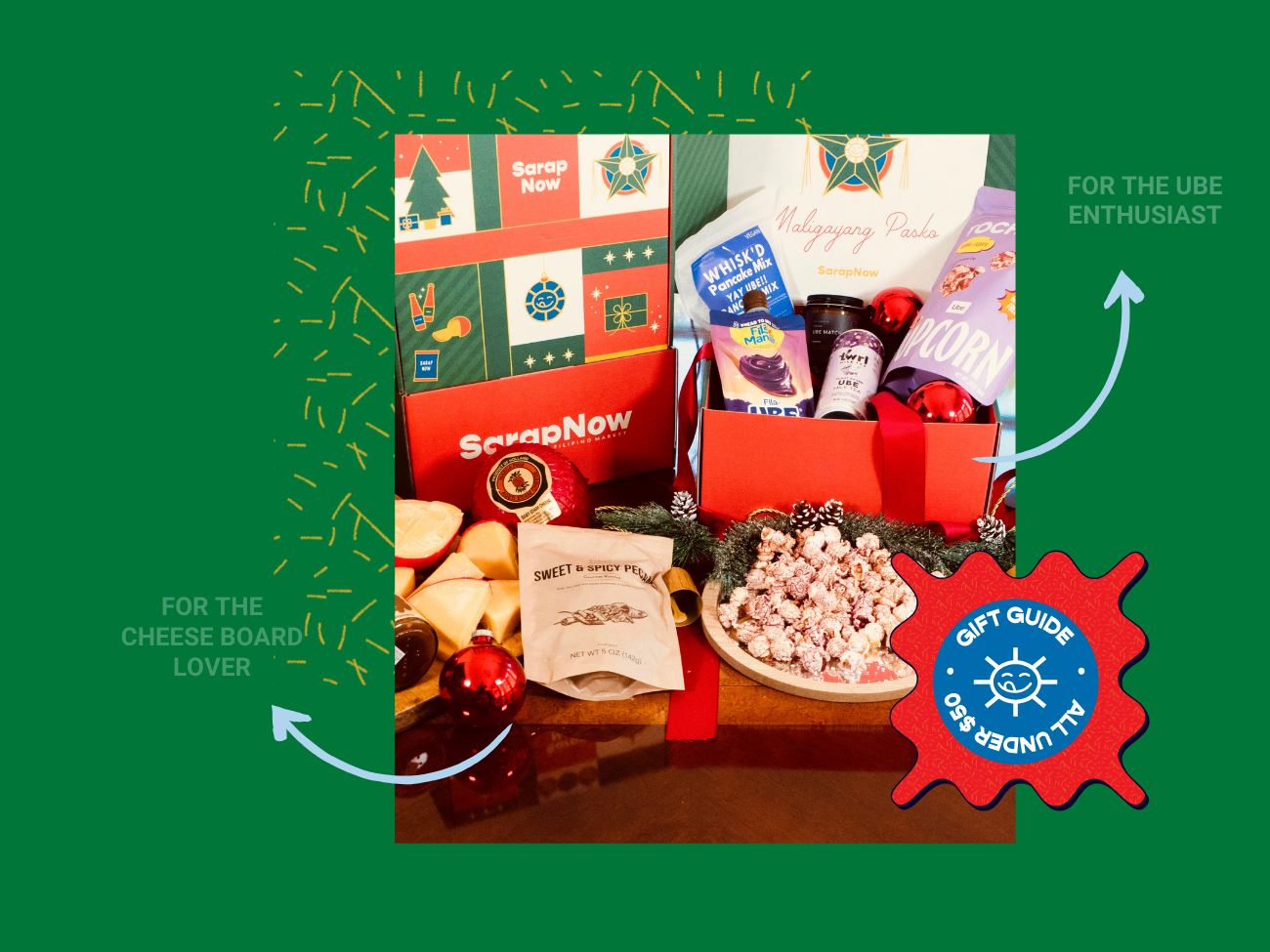
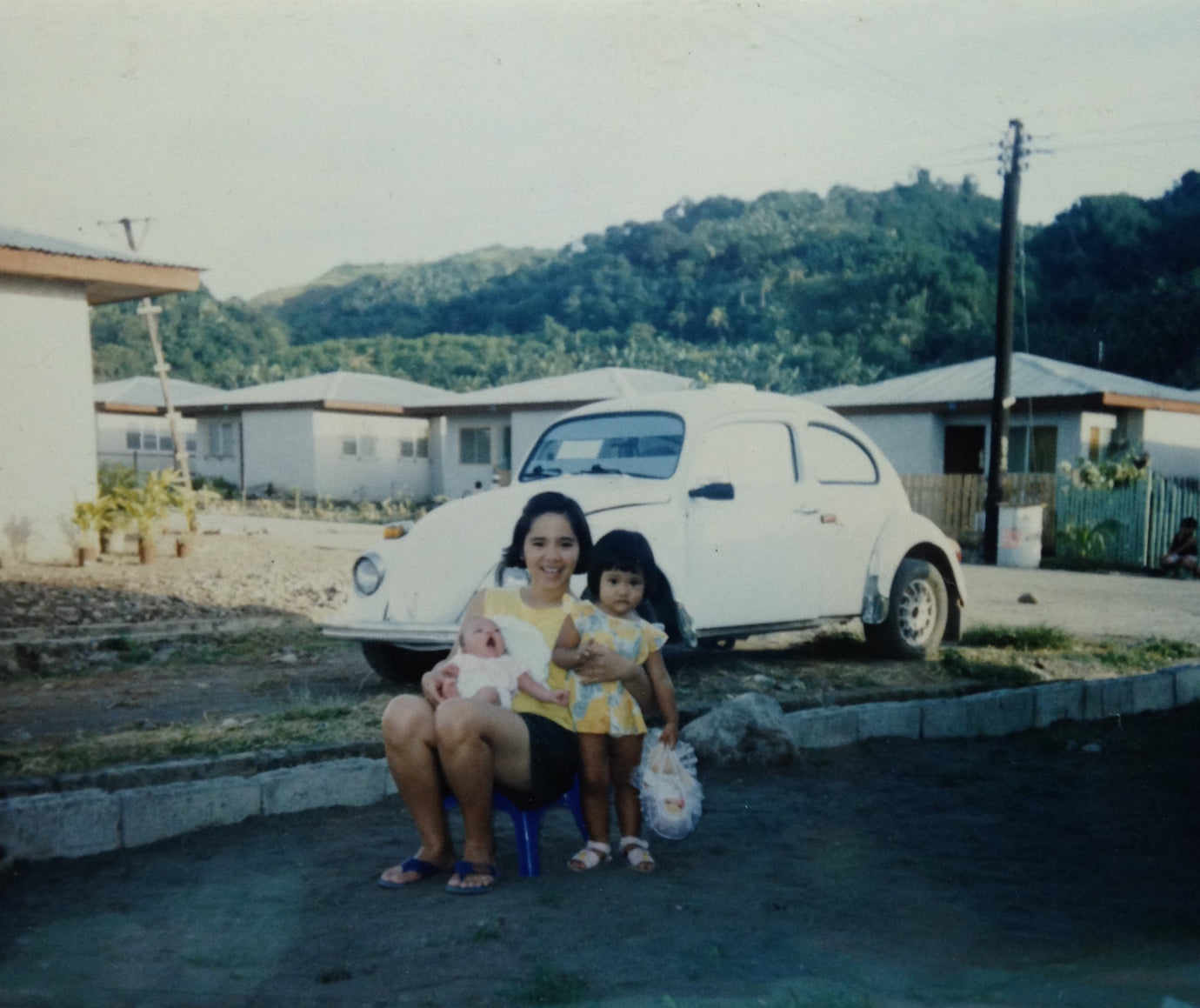
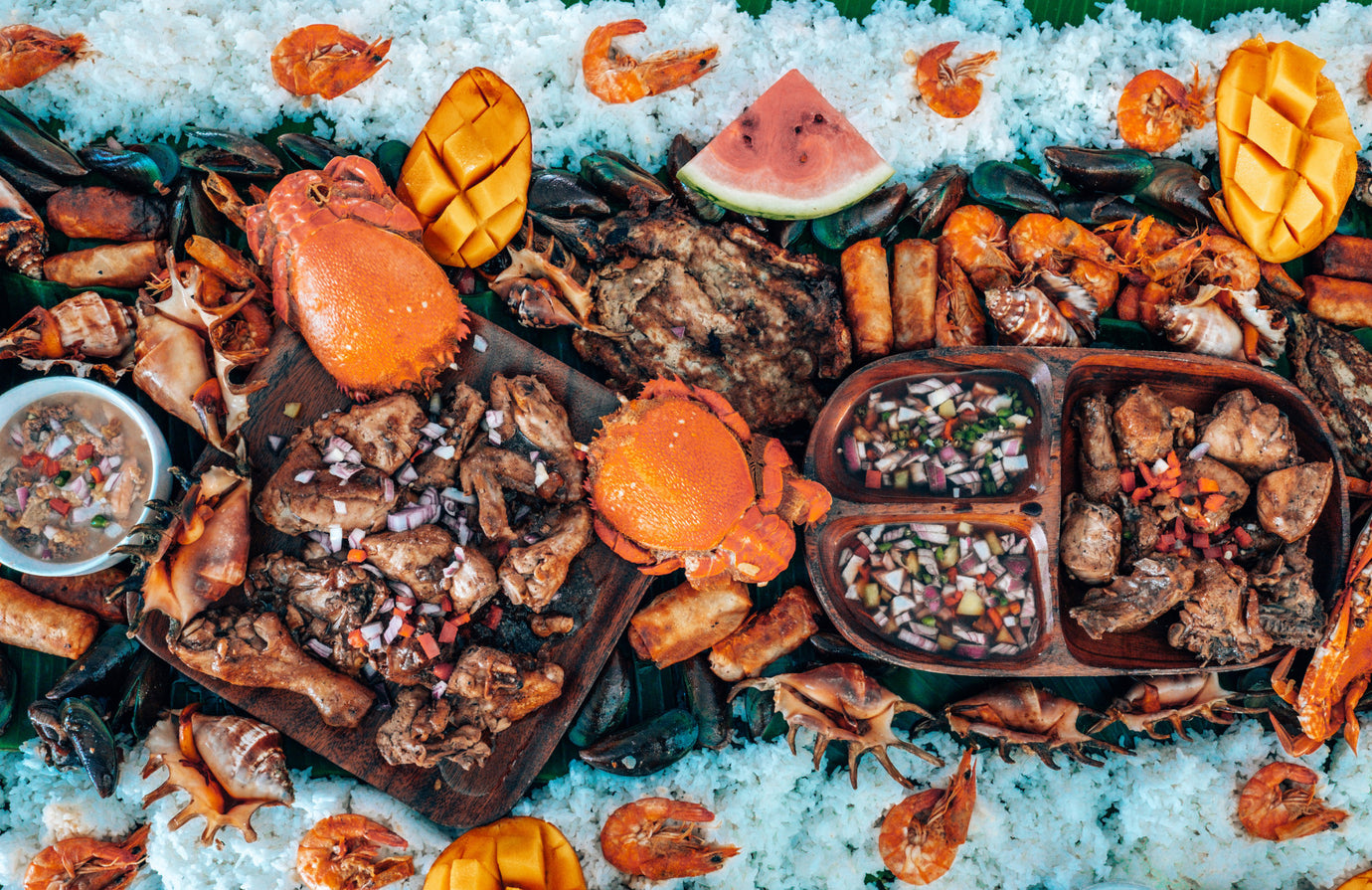
Online gaming has evolved into a cultural phenomenon, uniting players from diverse backgrounds. These virtual adventures encompass various genres, offering entertainment, competition, and social interaction. https://joypygames.gitlab.io/
Online games provide entertainment, social interaction, and competitive challenges, connecting players worldwide and offering a diverse gaming experience. https://pixgame.online
Word games engage minds, boost vocabulary, and foster creativity, offering endless fun and learning opportunities for players of all ages. https://wordpuzzle.website
Word games enhance language skills, boost vocabulary, and provide mental exercise. Scrabble, crossword puzzles, and anagrams offer enjoyable linguistic challenges. https://findword.org
Puzzle games challenge minds, fostering problem-solving and creativity. Logic, patterns, and spatial awareness combine for engaging, satisfying gameplay experiences. https://iampuzzle.com
Words weave tales, puzzles tease, minds explore. Word games: endless fun, knowledge, connection, excitement! https://playwordgames.org
Step into the whimsical world of Monkey Mart! Manage a lively store, serve amusing customers, and tackle fun-filled puzzles for endless entertainment and rewards https://quillfulgames.com/monkey-mart
Phrazle is an interactive word game that boosts language skills and offers enjoyable brain-teasing challenges for players. https://phrazle.website